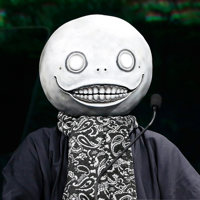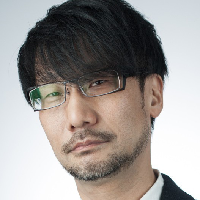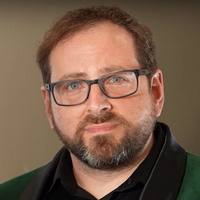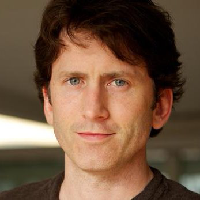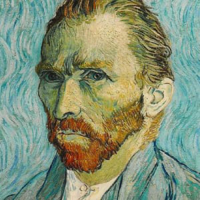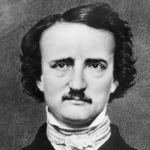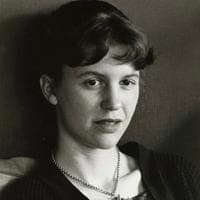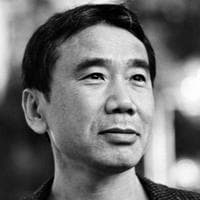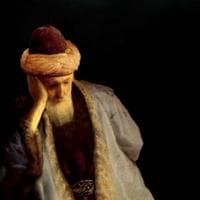Yoko Taro mbtiパーソナリティタイプ
個性
"Yoko Taroはどのような性格タイプですか? Yoko Taroは、INFP in MBTI、4w5 - - in Enneagram、 in Big 5、ILI in socionics のパーソナリティタイプです。"
Seriously? INTP? How could you possibly make the argument that Yoko Taro, of all people, someone whose games are all trying to convey his values to the player, is Fi demon? It just doesn't make any sense to me. He doesn't try to hide from things that invoke strong feelings in people. He confronts them head-on and relishes in it. He's not trying to convey some grand logical theory about how the world works, as Ti likes to do. He's trying to convey his own subjective philosophy through his work, which is the domain of Fi.
バイオグラフィー
Yoko Taro (横尾 太郎, Yokō Tarō, born June 6, 1970) is a Japanese video game director and scenario writer. Starting his career at the now-defunct game company Cavia, he became known for his work on the action role-playing video game series Drakengard and its two spin-offs: Nier and its sequel, Nier: Automata. Yoko was born in Nagoya, Aichi, and studied at the Kobe Design University in the 1990s.
